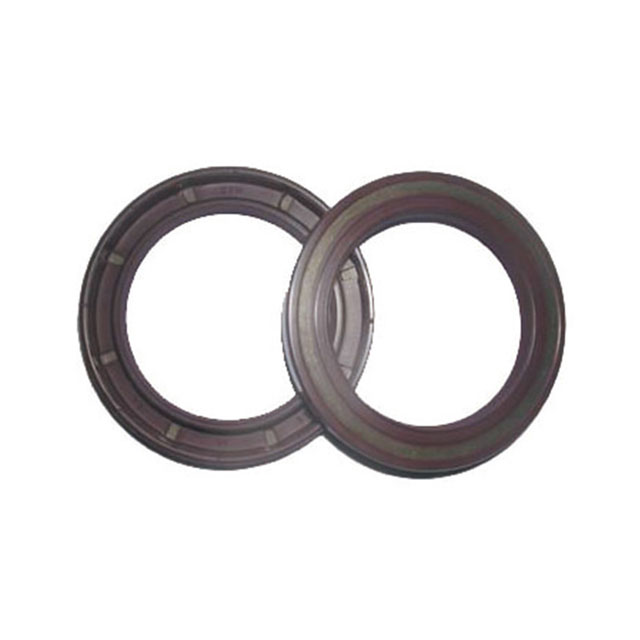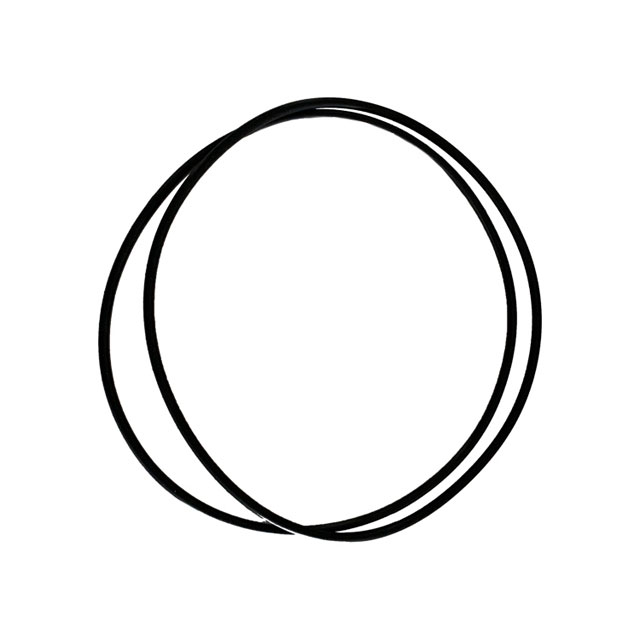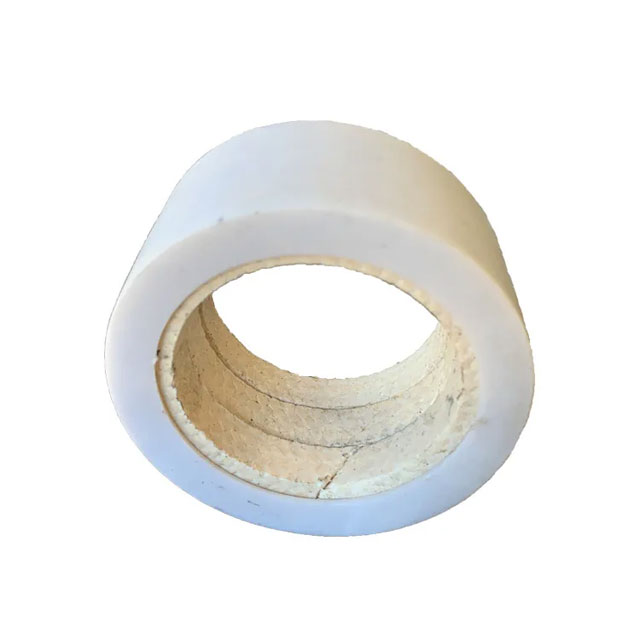WeChat: 86-13735815206 / 86-17392256505
Phone: 86-29-88680837
Mail: sales@hlsolidscontrol.com
Add: Room 804, Building 1, Western Cloud Valley Phase II, Fengxi New Town, Xixian New District, Shaanxi Province
What is drilling fluid technology
The system composed of solid particles such as weighting agent, cuttings and clay in the drilling fluid is called the solid phase. According to its function, it can be divided into useful solid phase and useless solid phase (also called harmful solid phase).
Useful solid phase refers to the solid phase that helps to improve the performance of the drilling fluid, such as bentonite, weighting agents (bluestone powder, barite and peptide iron ore), etc.; Useless solid phase refers to the inability to improve the performance of the drilling fluid, or even affect the drilling fluid performance, the solid phase that endangers the normal drilling process.
The high solid content in the drilling fluid can lead to the formation of thick filter cake, which is easy to cause the pressure difference to stick; the formed filter cake has high permeability and large filter loss, causing reservoir damage and borehole instability; causing drill bit and drill string the severe wear, especially caused by the reduction of the ROP.
Drilling fluid solid phase control is a process that uses mechanical and chemical sand removal methods to remove most of the useless solid phases and retain useful solid phases to meet the drilling fluid performance requirements of the drilling process, referred to as solids control.
Drilling fluid solid phase control technology mainly includes four aspects: one is to use good chemical flocculants to inhibit the dispersion of clay; the other is to strengthen the use of solids control equipment to control inferior solid phases; the third is to properly discharge the mud to reduce clay content and solid content; the fourth is to improve the inhibition of drilling fluid and reduce the use of dispersive treatment agents.



